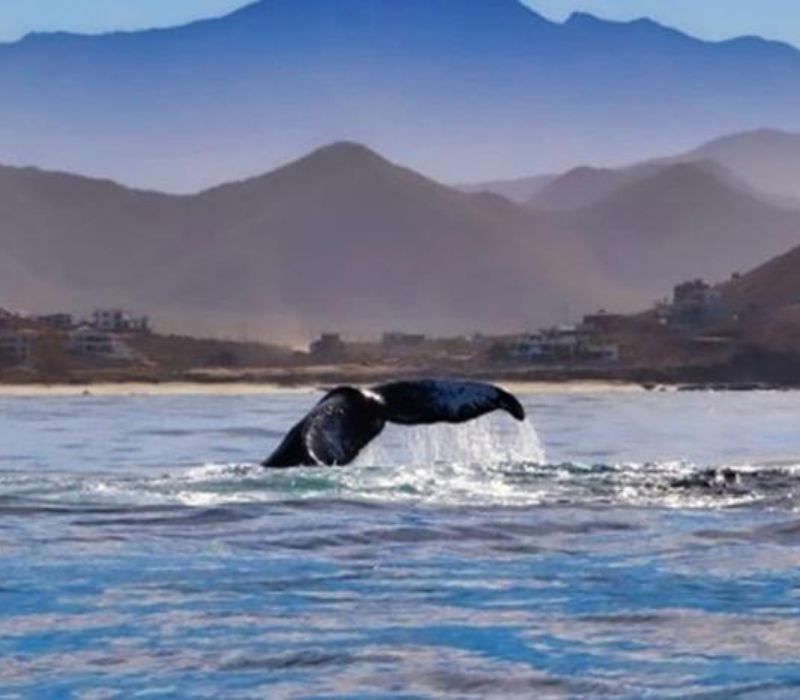
Travel the world like never before
Expeditions
Travel the world. Make a difference.
Earthwatch expeditions take you off the beaten path to discover nature as you’ve never experienced it before.
Work alongside scientists, collecting valuable data that helps protect threatened wildlife, habitats and ecosystems all around the world.
Whether it’s trailing penguins in Patagonia, searching for fossils and fauna in Zambia, or tracking killer whales in Iceland – you can get involved! Help Earthwatch scientists to better understand biodiversity across the world and develop solutions to protect it.
Pack your sense of adventure and desire to learn by becoming a citizen scientist on one the unforgettable experiences below.
Please note: Access to your My Earthwatch portal and all bookings are directed through the Earthwatch US website with prices in Australian dollars. (Vaccination against Covid 19 is required for participation on all expeditions, as health recommendations vary globally.)
Got a query? Contact us on
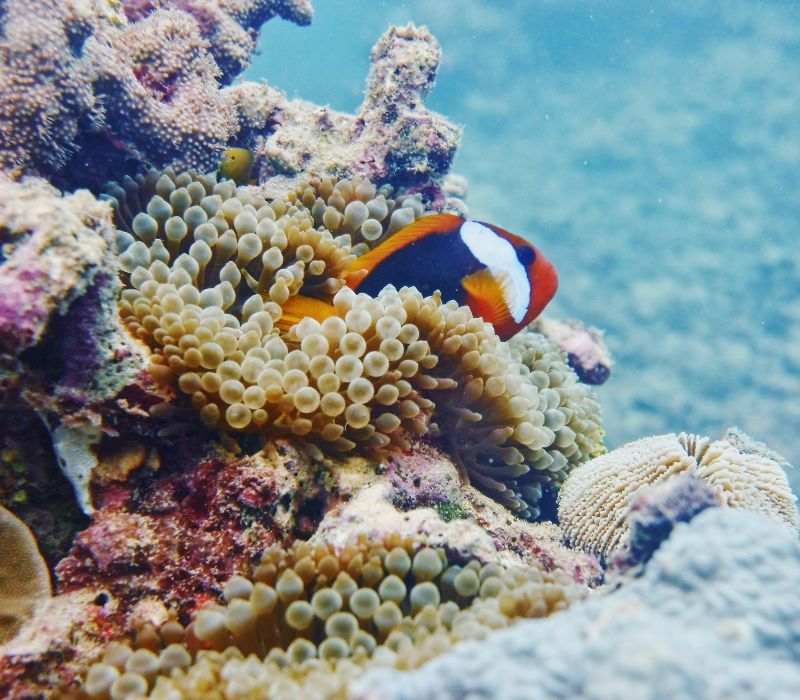
Recovery of the Great Barrier Reef
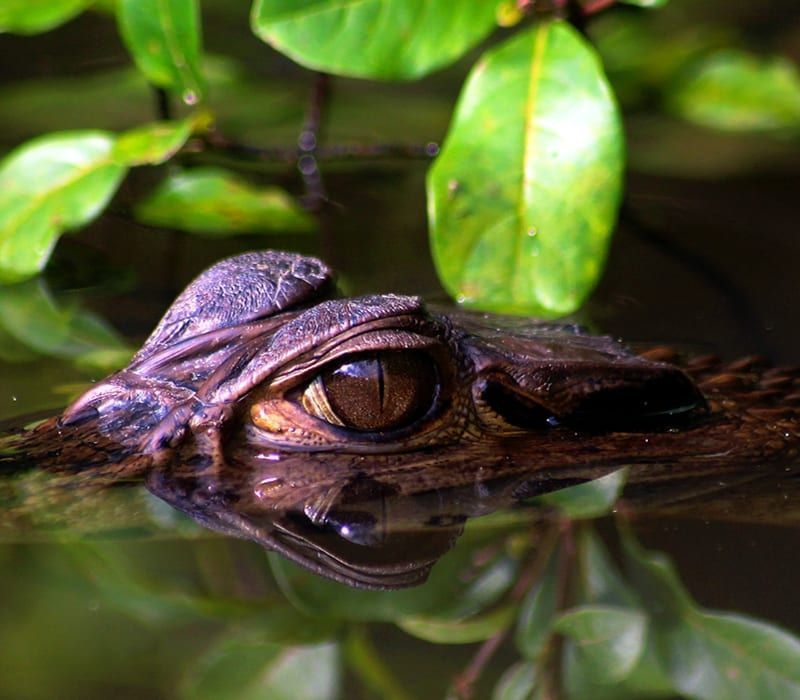
Amazon Riverboat Exploration
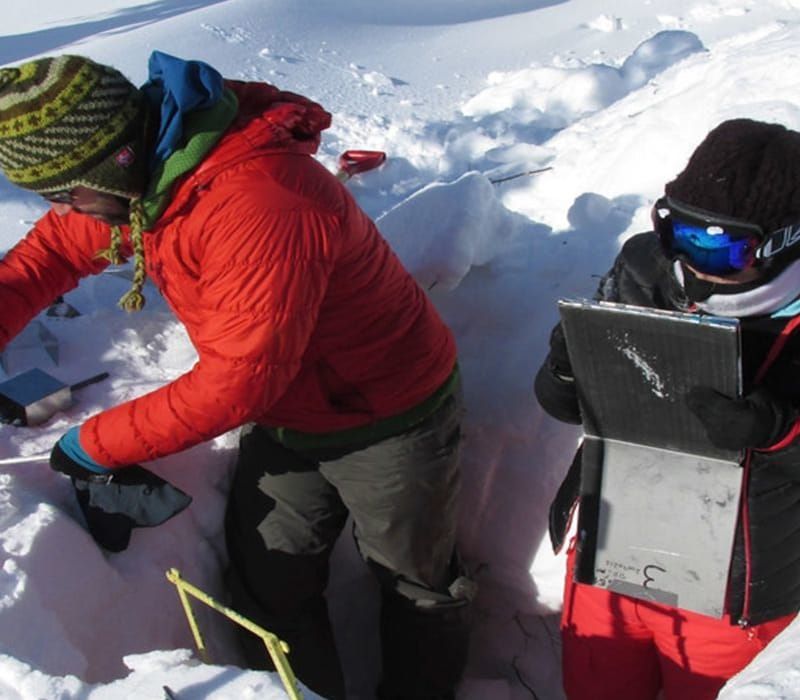
Climate Change at the Arctic's Edge
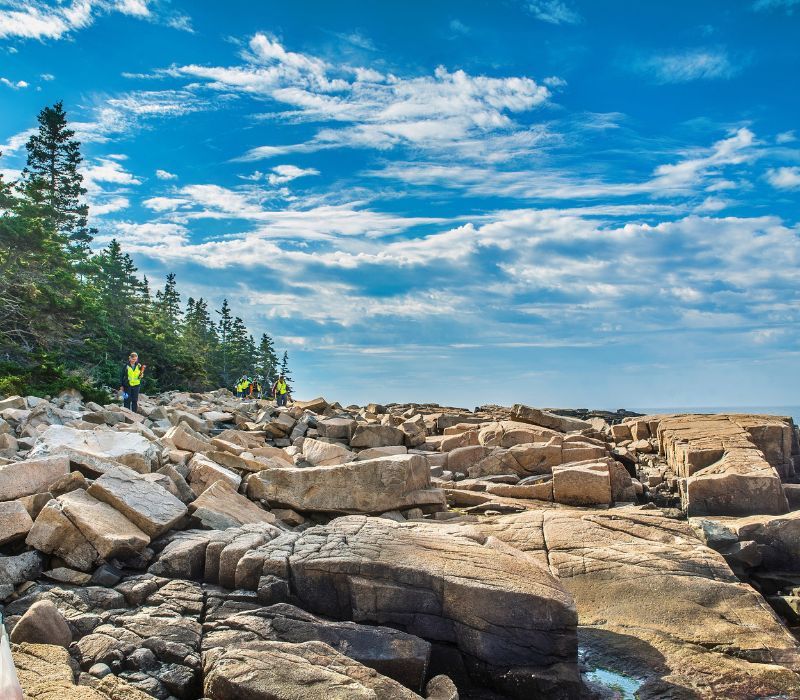
Climate Change: Sea to Trees at Acadia National Park
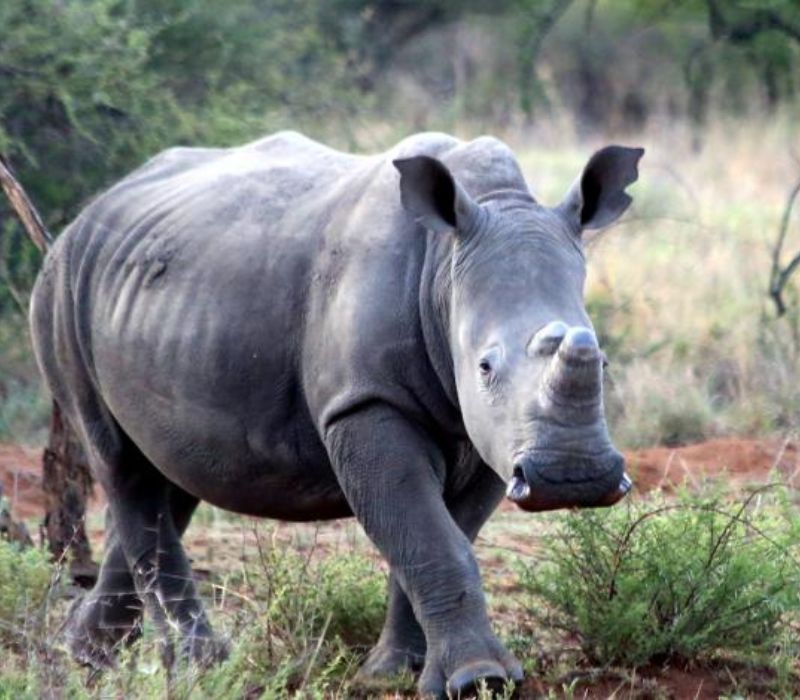
Conserving Threatened Rhinos in South Africa
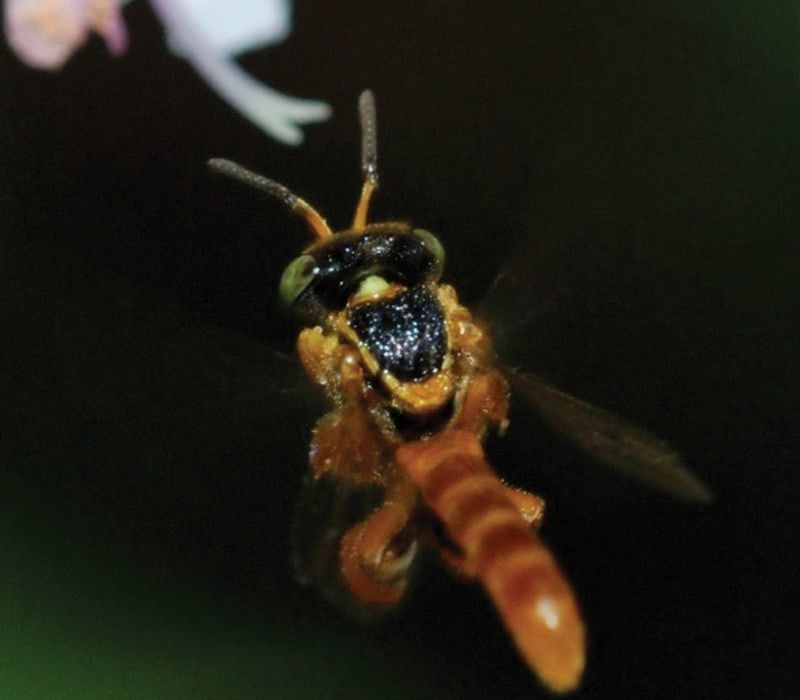
Conserving Wild Bees and Other Pollinators of Costa Rica
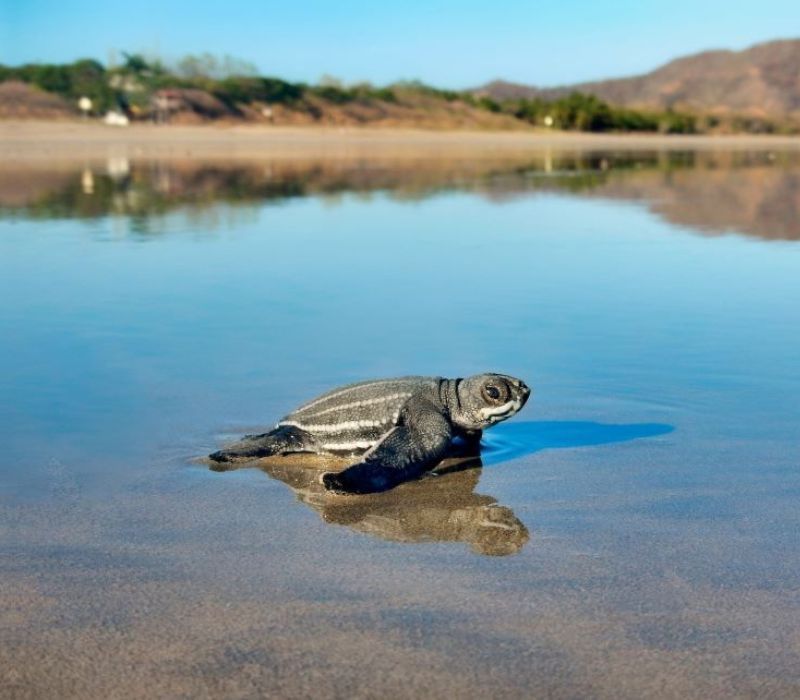
Costa Rican Sea Turtles
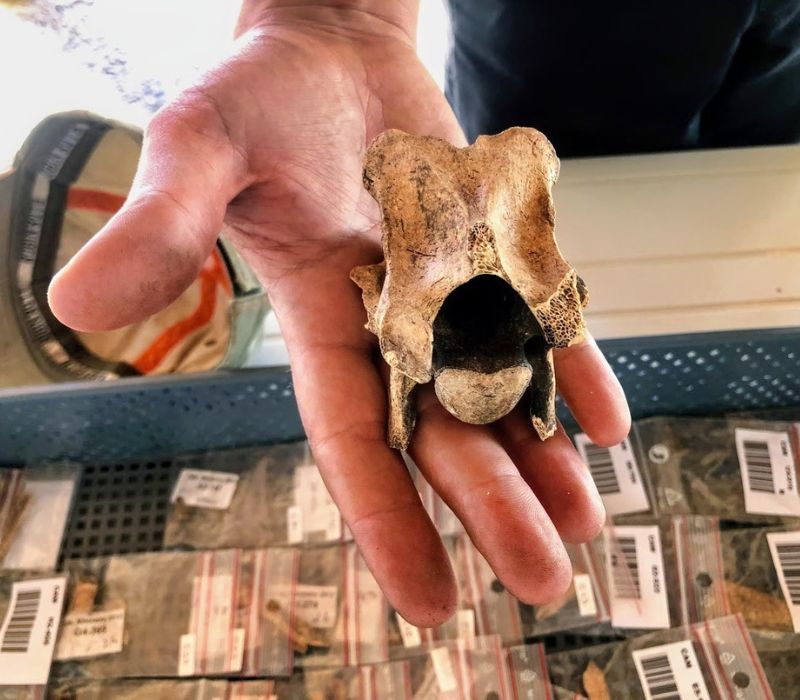
Discovering Ancient Societies in Portugal
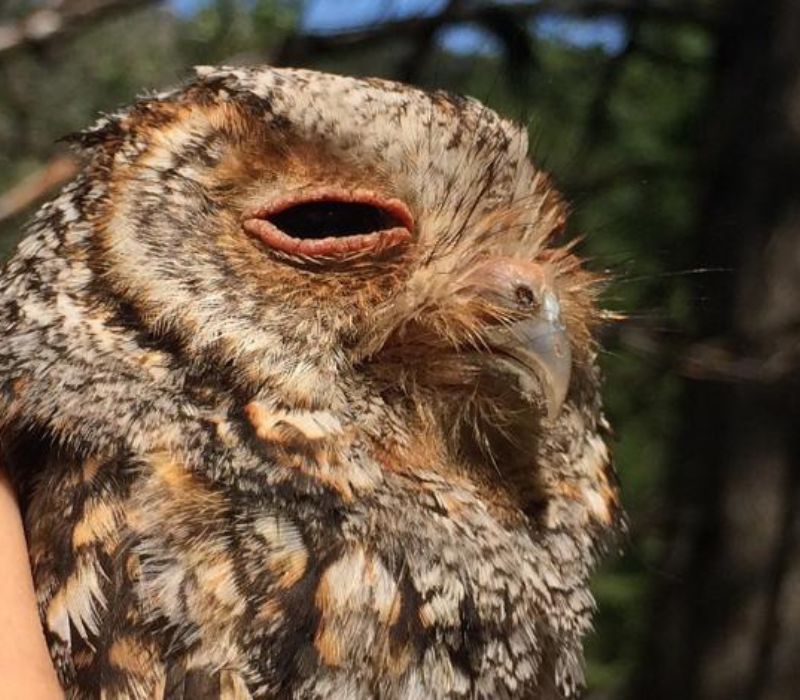
Following Forest Owls in the Western U.S.
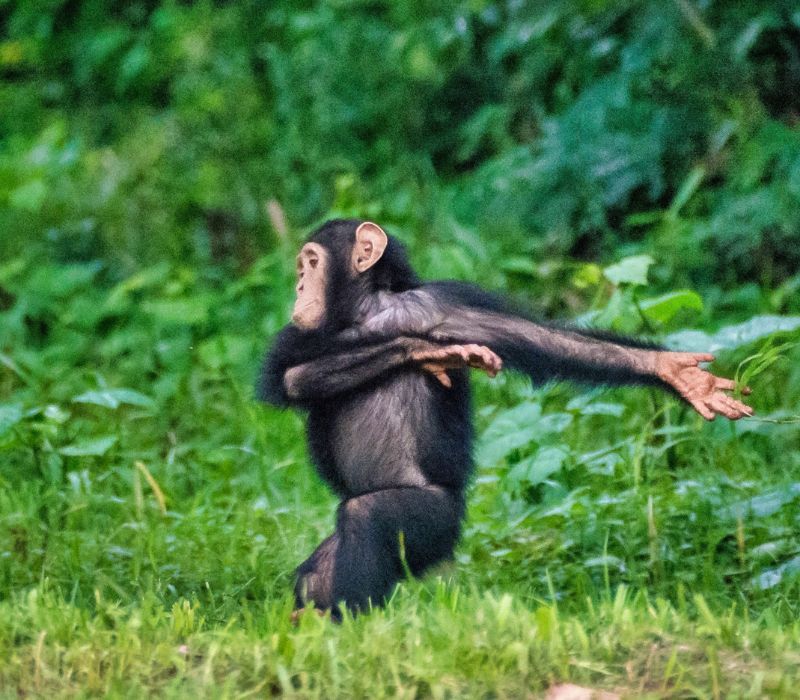
Investigating Threats to Chimps in Uganda
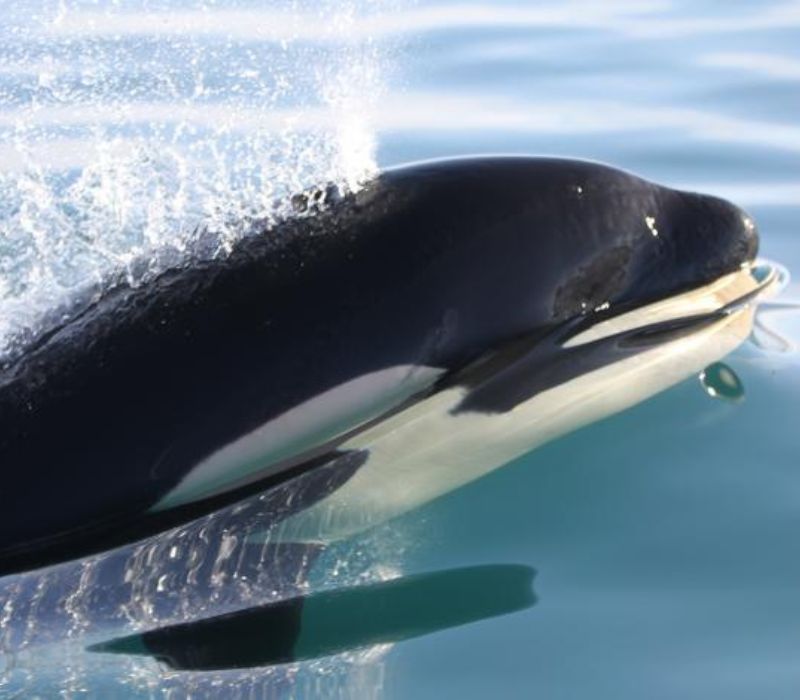
Killer Whales and Their Prey in Iceland
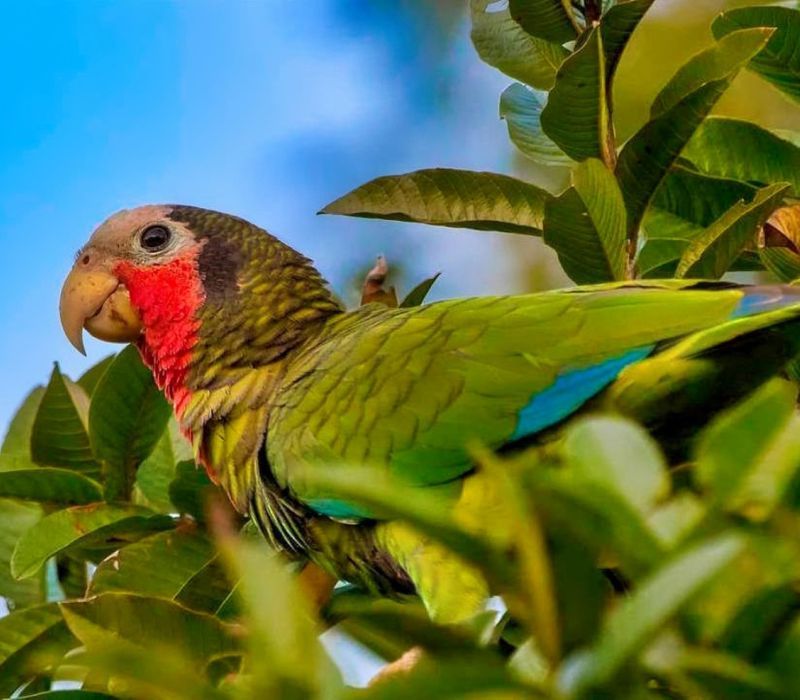
Mapping Biodiversity in Cuba
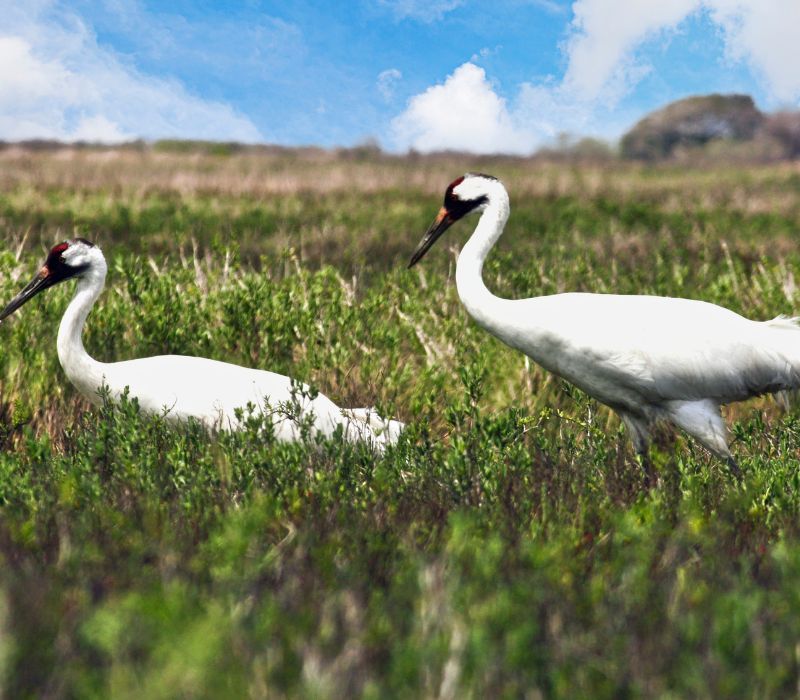
Endangered Whooping Cranes on the Texas Coast
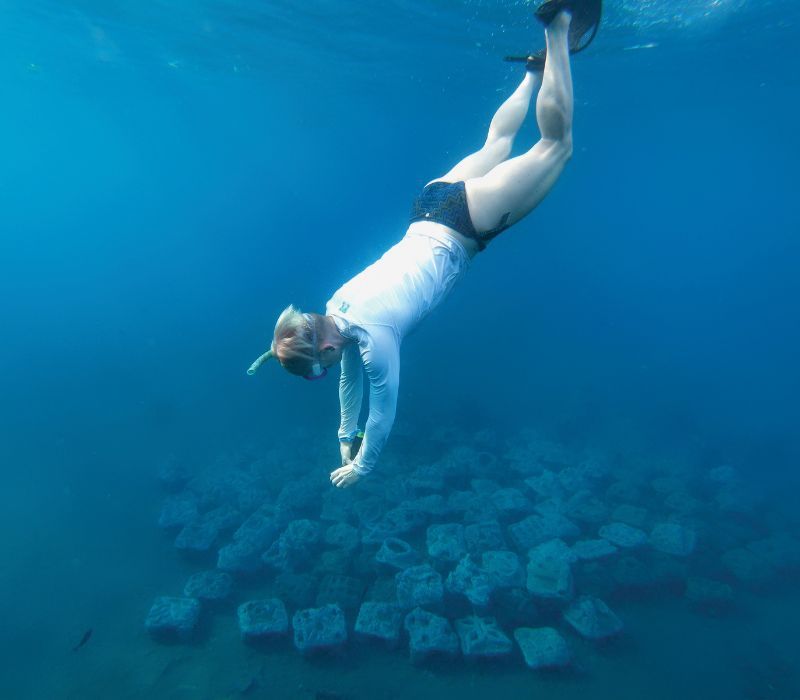
Restoring Coral Reefs in Bali
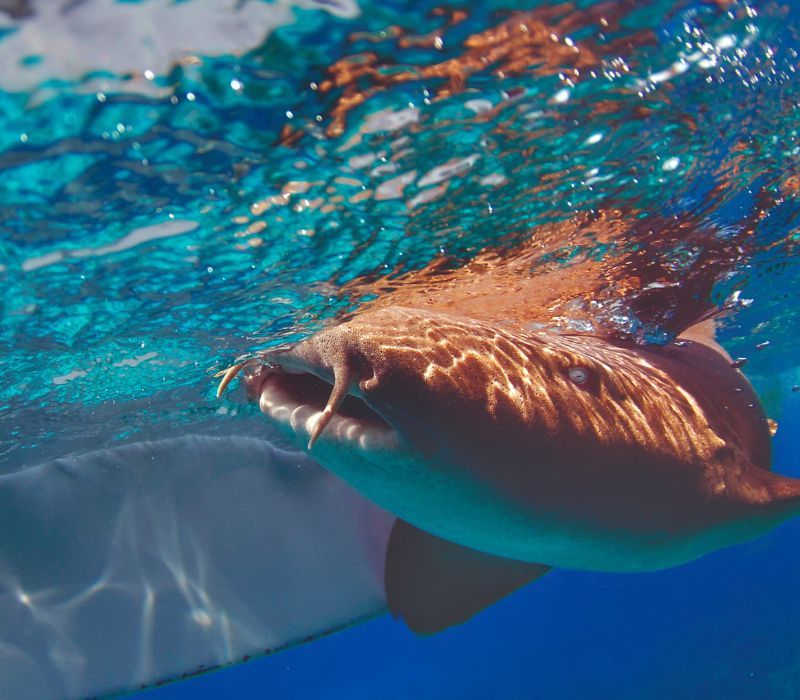
Shark and Ray Conservation in Belize
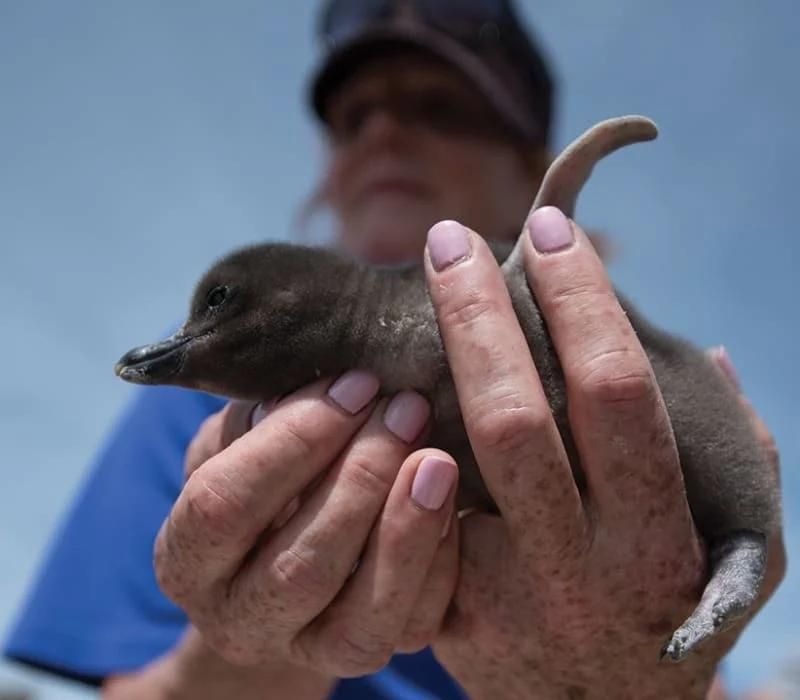
South African Penguins
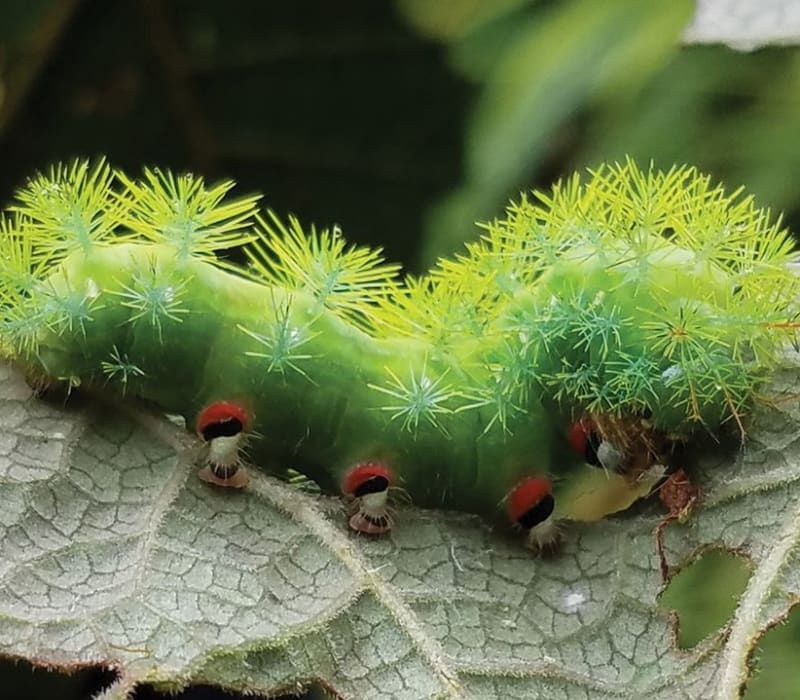
Tracking Caterpillars in Tropical Forests
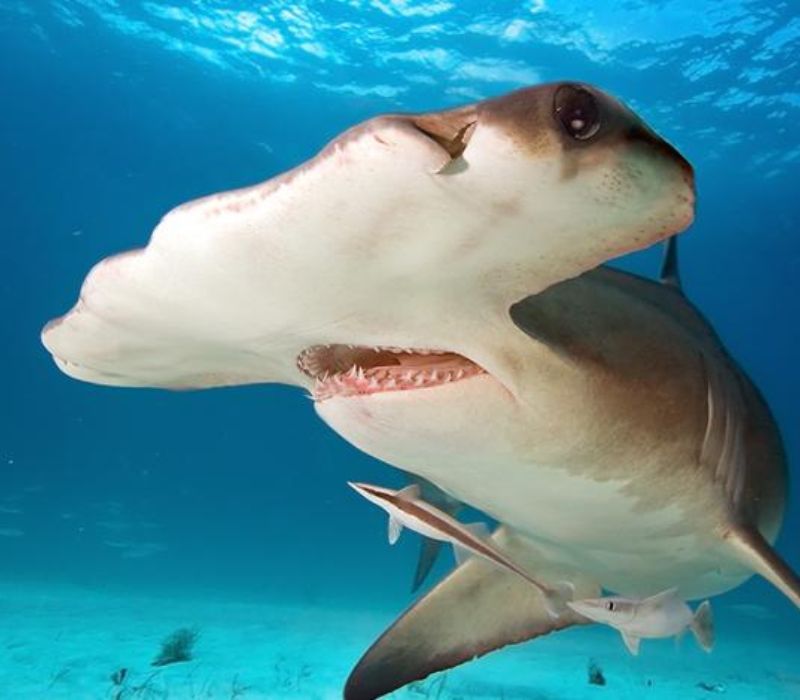
Tracking Sharks and Rays in Florida
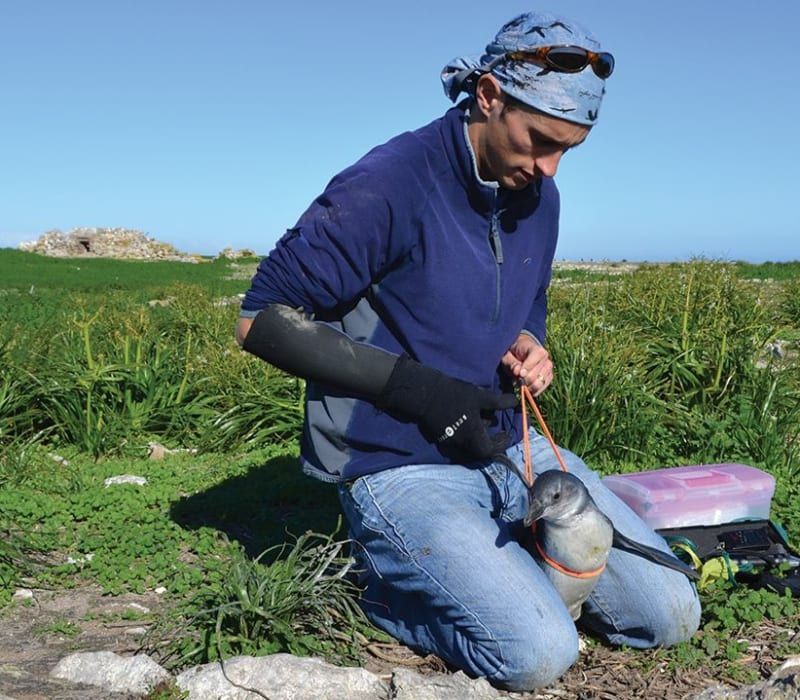
Trailing Penguins in Patagonia
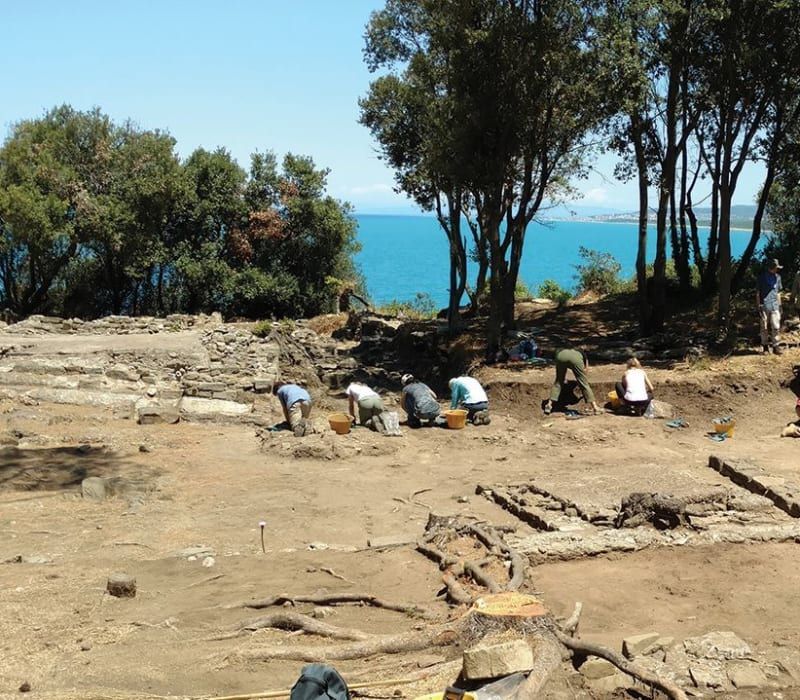
Unearthing Ancient History in Tuscany
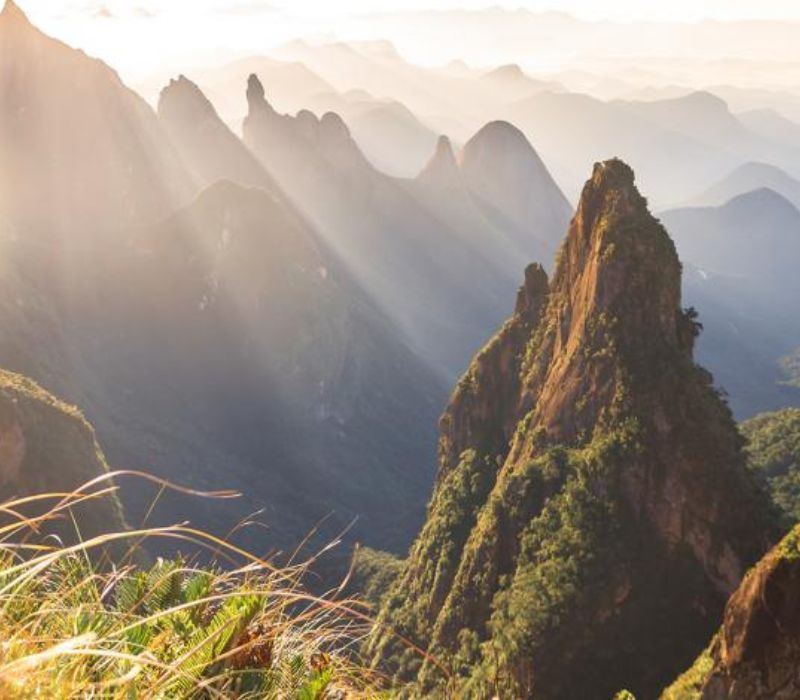
Wildlife and Reforestation in Brazil
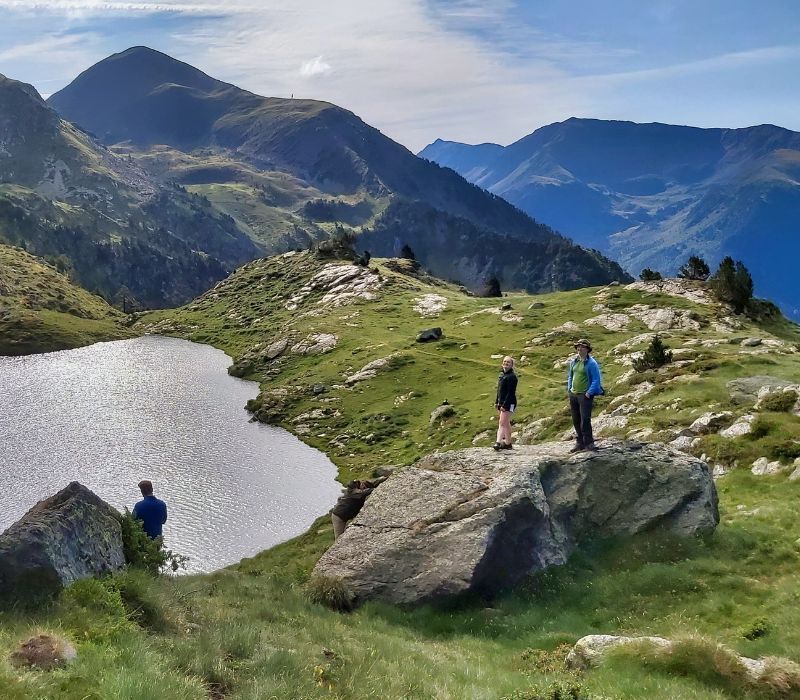
Wildlife in the Changing Andorran Pyrenees
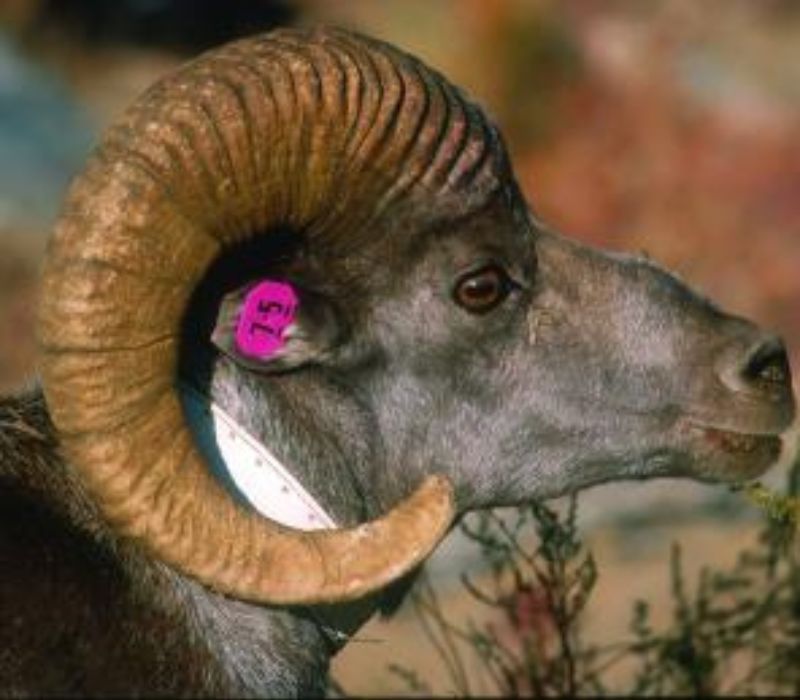
Wildlife of the Mongolian Steppe
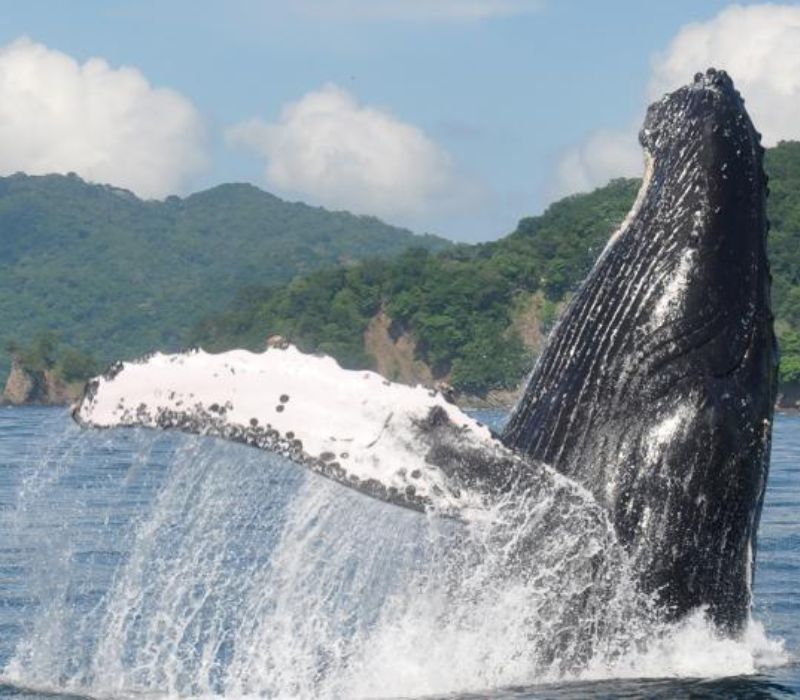
Conserving Marine Mammals in Costa Rica
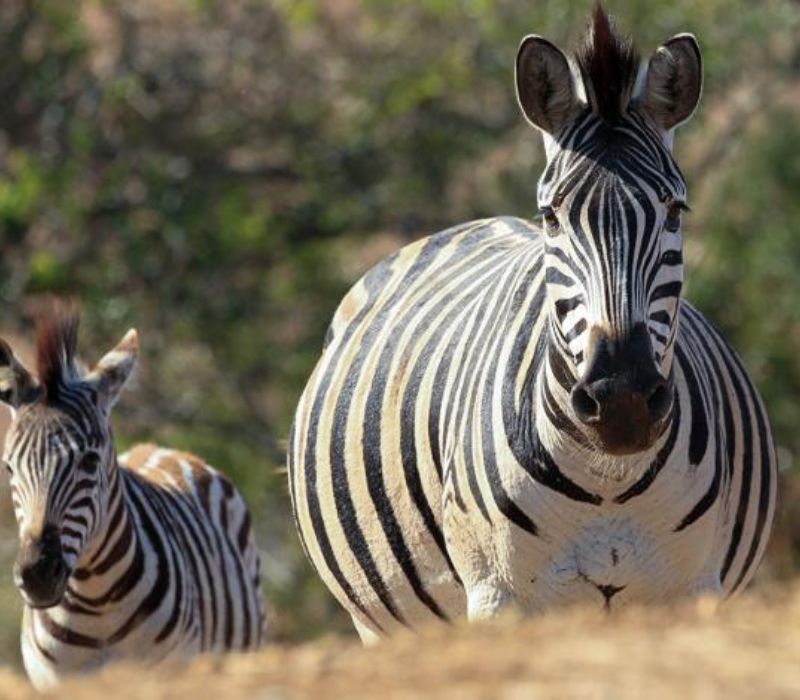
Walking With African Wildlife
